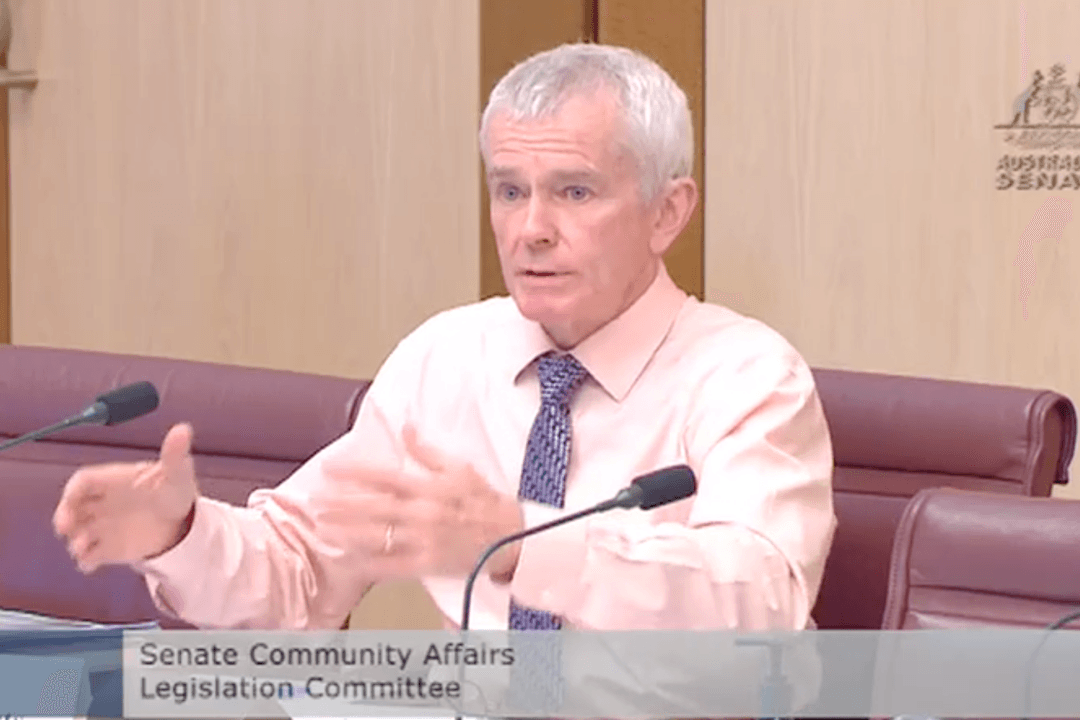Australian children as young as 12 will soon be eligible to get a third COVID-19 jab following a decision by the medical regulator. Meanwhile, one senator has questioned the regulator over their approval process during a Senate Estimates hearing.
In provisionally approving the Pfizer jab as a booster for the age group, a spokesperson from the Therapeutic Goods Administration (TGA) said the regulator had rigorously reviewed overseas vaccine data.





